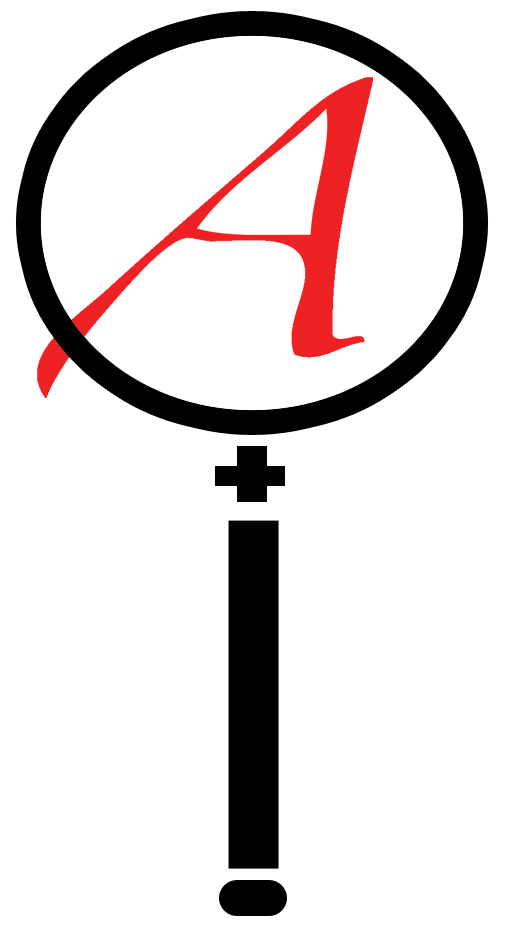Critiquing Your Faith

One God Less
In 2013 atheist and former Christian minister John Loftus published his widely-promoted book, The Outsider Test for Faith. This so-called test is a remarkably simple concept: judge your faith in the same way you would judge another religious system you disagree with. If your faith doesn't hold up to the same standards you require of another religious belief, why do you hold it? Or, as Stephen F Roberts puts it:
“I contend we are both atheists, I just believe in one fewer god than you do. When you understand why you dismiss all the other possible gods, you will understand why I dismiss yours.”
The Atheist Frustration
One can certainly sympathize with the frustration the atheist feels here: “If you could only see things my way, you would realize how foolish you seem!” To a degree, this plea to put oneself in the other person’s shoes is part of every person’s common experience: The angry customer and the put-upon customer service representative both desperately wish the other person could sympathize with their position; the tired blue collar worker and his stressed boss both wish the other could understand their responsibilities; the stressed housewife and her equally stressed husband want the other’s understanding, and so on.

A Flawed Test
This simple test, and the sentiment that inspires it, are subject to two fairly basic flaws. The test trades on the somewhat insulting notion that a committed believer has never thought deeply about their faith. This seems to flow from the concept that all people who believe, do so because they were indoctrinated/brainwashed into their faith without any sort of concrete reasoning involved in the process; as was undoubtedly the case with the former minister who came up with the test. While far too many religious practitioners probably do embrace their faith blindly, it is both condescending and naive to assume that every single religious person only believes because they haven’t subjected their worldview to a careful examination.
There is plenty of anecdotal evidence that shows that rational and intelligent atheists, upon close examination of the evidence for Christianity have converted and become believers. Such high-profile cases as Alister McGrath, Francis Collins, Lee Strobel, Nina Karin Monsen, Peter Hitchens, and C.S. Lewis are reminders that sometimes deep, analytical thought actually converts. Does this mean Christianity is the correct worldview? Not necessarily. But what it does show is that Christians can hold their beliefs for rational and intelligent reasons.

One Rejects Other Worldviews Because they Accept their own
Possibly more misguided is the plea to “judge your own religion by the same standards that you judge other religions.” This request ignores the obvious fact that a person’s method of judging the truth of a worldview is inbuilt to their own worldview. A Christian is going to allow for the possibility of the supernatural when judging other worldviews. An atheist is going to judge a worldview by materialistic naturalism. A Buddhist will affirm their beliefs by the transcendental feelings they receive. The primary reason any given person rejects other religions is because they have accepted their own religion. In proving to their satisfaction that their belief is correct, they have implicitly denied all contradictory beliefs.
What Loftus is, in effect, asking is for each person to judge their worldview the way HE would judge their worldview. This test self destructs when the religious person asked to judge confirms their worldview because their standards ARE their worldview.

Belief and the Scientific Method
The claim that “I just believe in one fewer god than you do,” ignores that there is a foundational difference between Atheism and Theism. Atheism is not a belief in something. Rather, it is a position of skepticism. It is a system of thought that grounds itself in disbelief.
Theists are not – as the “outsider test” supposes - skeptics who have somehow cultured a blind spot in their skepticism; rather they are believers whose belief structure defines how they view reality and which truth claims they accept and reject.
Atheists such as Loftus have, however, correctly identified the potentially fatal flaw of a positive belief system: that a positive belief system is more susceptible to cognitive dissonance; that is to say, believers will tend to reject or dodge any facts that appear to contradict their existing belief structure.
In this respect, the “outsider test” does have one virtue: it urges people to engage all of the facts, and not simply those that support their belief structure.
Perhaps a better method of judging a belief system would be the scientific method: observe, theorize, experiment, adjust hypothesis.
In order for science to advance, the scientist is going to have to venture a hypothesis that has explanatory power of the available facts. Once the theory has been formed, the theory must then be adjusted to support any new facts that come down the pike. If a theory cannot accommodate all of the facts, or if a more explanatory theory comes along, then the old theory is dumped in favor of the new.
A scientist cannot afford to be a complete skeptic and expect to get anywhere. Once a sufficiently explanatory theory is arrived at, it must be assumed in order to lay the groundwork for future discovery and achievement.

The Disbelief Structure
“Atheism” is not a belief structure, it is a disbelief structure. The belief that “there is no God” contributes nothing to moral theory, philosophy, social structuring, justice, or, indeed, science. All it does is to identify a proposition as false.
Most atheists would identify themselves in camps such as “secular humanist,” “naturalist,” or “materialist.” These are positive belief structures, and if they have sufficient explanatory power to encompass the facts of observable reality and to contribute to these fields of study, there is no need to criticize another person’s less-capable belief structure: simply promote the virtues of the better one.
“Theism” is a broad umbrella and covers a vast number of beliefs that stretch to every extreme. It is only reasonable to request that theists critically examine their beliefs to engage all of the facts. Atheism, on the other hand, as the “belief that God does not exist,” offers no belief structure whatsoever. All it does is to yank the carpet out from under the feet of the believer without offering them anything to replace their deeply held convictions and feelings of purpose and meaning. Little wonder, then, that former Christians, such as Loftus himself, are so eager to discredit the religion that let them down.








